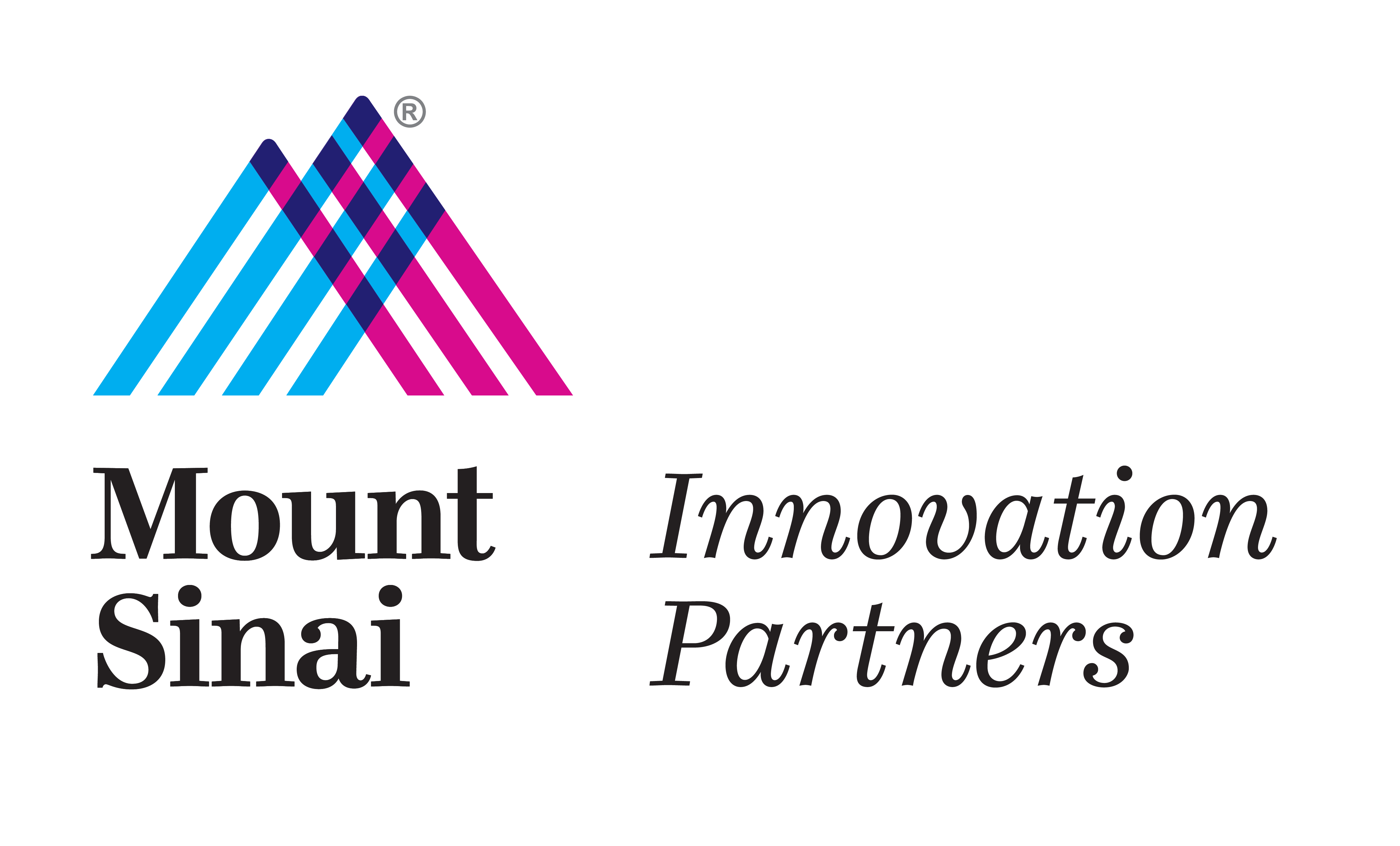Major Depressive Disorder (depression) is a mental disorder with symptoms including low mood, low self-esteem and loss of pleasure. Approximately 14.8 million patients in the US are affected by depression. Selective Serotonin Reuptake Inhibitors (SSRIs) are commonly used in patients to treat depression, as well as anxiety, OCD and other CNS-related indications. In 2005 SSRIs became the most prescribed drugs in the US. While they are remarkably useful, one of their serious side-effects is increasing suicide and suicidal thoughts among treated individuals.
Through a novel statistical analysis of the FDA’s adverse events database, Dr. Ravi Iyengar and colleagues have discovered that administering a therapeutically effective amount of an H2 antagonist (e.g., Zantac®), in combination with an SSRI, reduces the risk of suicide. The combination of an SSRI and an H2 antagonist reduced suicides from 3.0% to 0.6% among the observed population.
Current Development Status
- Statistical analysis
Applications
- Depression
- Anxiety
- Obsessive Compulsive Disorder
Advantages
- SSRI: Many oral branded and generic products (Prozac®, Paxil®, Zoloft®)
- H2 Inhibitors: Many oral branded and generic products available over the counter (Zantac®, Pepsid®, generics), indicated to treat peptic ulcer disease, gastroesophageal reflux disease, and dyspepsia
Publications
- Sci Transl Med 9. “Systems Pharmacology of Adverse Event Mitigation by Drug Combinations”. October 2013 5:206ra140. [DOI:10.1126/scitranslmed.3006548]
Patent Status
- US Provisional Application 61/888,315 filed October 8, 2013
- Status: Expired
Contact Information
William Chiang, PhD
Business Development Director
Mount Sinai Innovation Partners | Icahn School of Medicine at Mount Sinai
Phone: (609) 575-7033

